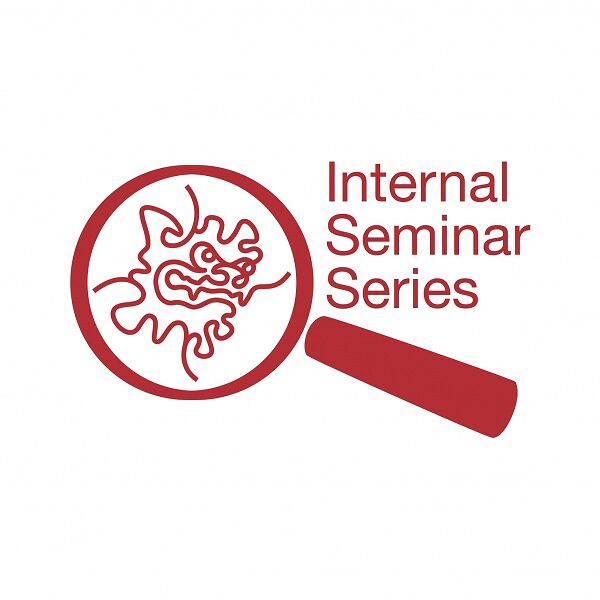Internal Seminar: Tanaka Unit and Busch Unit

Date
Location
Description
Join us for January's second Internal Seminar Series on Jan. 23, from 17:00 to 18:00 in B250. This month's seminars feature the Chemistry and Chemical Bioengineering Unit (Fujie Tanaka) and the Quantum Systems Unit (Thomas Busch).
Chemistry and Chemical Bioengineering Unit (Fujie Tanaka)
Speaker : Pandurang Chouthaiwale
Title : Reactions of pyruvates: Organocatalytic synthesis of functionalized dihydropyrans, carbocycles and heterocycles
Abstract : The development of synthetic methods that allow access to a series of functionalized small molecules in concise routes under mild conditions is important in the search for bioactive molecules. To synthesize bioactive candidates pyruvates can act as nucleophiles and electrophiles, and thus are expected to be useful synthons. However, the dual reactivities of pyruvates are difficult to control. Reactions of simple pyruvates (such as ethyl pyruvate and methyl pyruvate) as nucleophiles are especially difficult and have been very limited. We have developed organo-catalyzed one-pot cascade reaction systems to generate functionalized dihydropyran derivatives using pyruvates and aldehydes as starting materials. The product dihydropyrans are protected forms of α-ketoesters, as the starting material pyruvates are α-ketoesters. Taking advantage of the features of the α-ketoesters, the product dihydropyrans were further transformed to a wide range of functionalized molecules, including amino group-substituted and fluoro group-substituted dihydropyrans, cyclohexanes, dihydrodiazepines, and pyridines.1
1. P. V. Chouthaiwale, F. Tanaka, Chem. Commun. 50, 2014,14881-14884.
Quantum Systems Unit (Thomas Busch)
Speaker : Albert Benseny Cases
Title : Quantum engineering with ultracold atoms
Abstract : The developments of science and technology have always gone hand in hand: thermodynamics and engines, electrodynamics and electricity,... Thanks to quantum physics and its quirkiness, we have developed electronics, but now we are ready to take it a step further and develop quantum technologies such as quantum cryptography and quantum computing. Ultracold atoms trapped by laser light, besides being very good systems to test the principles and predictions of quantum physics, are very promising candidates to build a quantum computer in the future. However, in order to achieve that feat, we need techniques that allow us to manipulate the atoms in a robust and precise manner. One of such techniques, in which the Quantum Systems Unit has been working, is Spatial Adiabatic Passage, which allows to move atoms between different traps. In this talk, after giving a brief introduction to quantum physics and ultracold atoms, I will present some of the research we have been doing about Spatial Adiabatic Passage.
Subscribe to the OIST Calendar: Right-click to download, then open in your calendar application.



